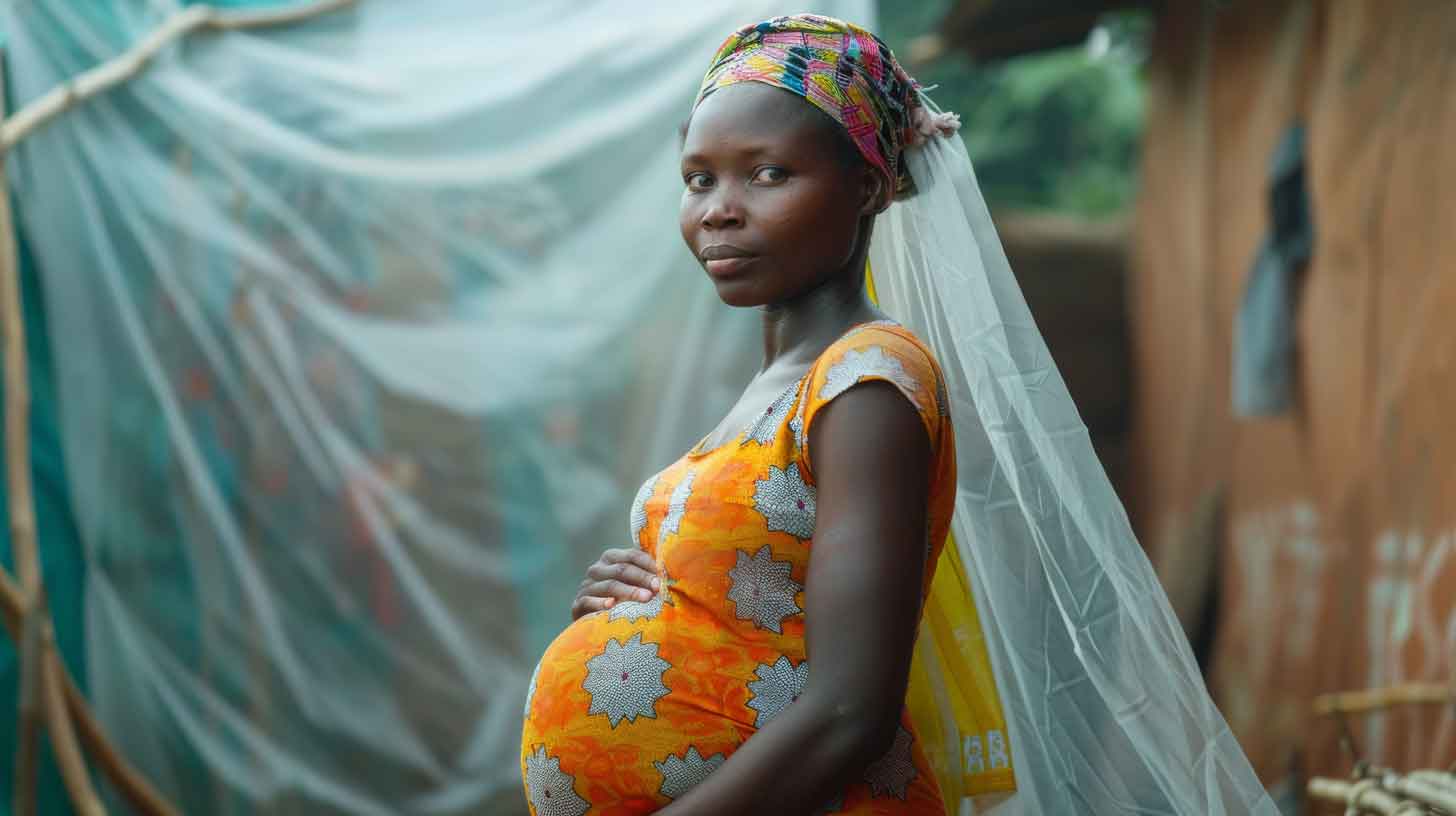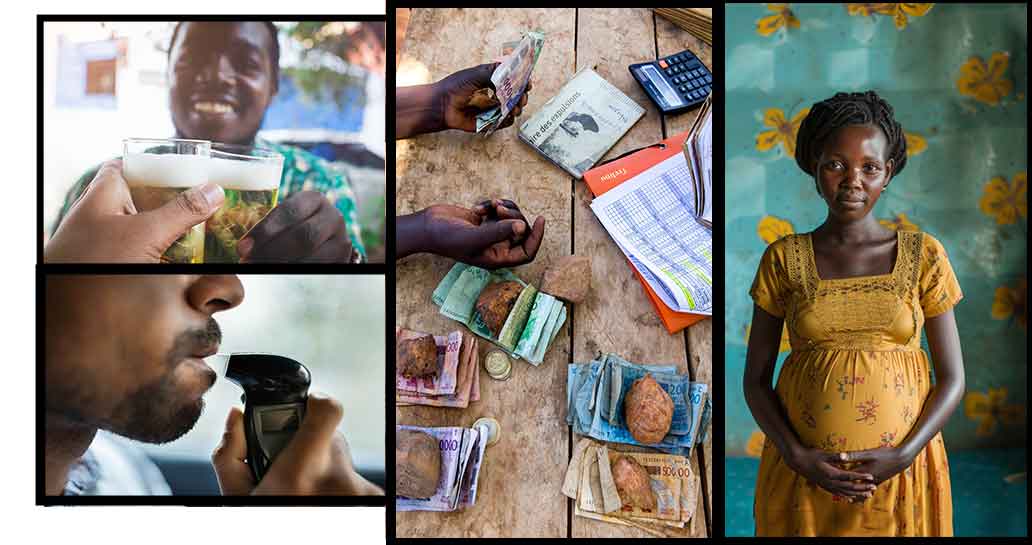OVERVIEW
STUDY DATES: 2024 – 2029
Research Title: Utilizing implementation research methodologies to adapt an intervention to reduce alcohol use and improve HIV care outcomes among men living with HIV who have serodiscordant pregnant partners
This study aims to extend the Kisoboka intervention outside of fishing communities to reach another priority population: men living with HIV with pregnant partners who do not have HIV. While many components of the intervention will remain the same, modifications will be made to focus on economic strengthening and behavior change during the critical period of preparing for the arrival of a child. Modifications will be identified through iterative engagement with key stakeholders. First, we will explore if supplementing alcohol counseling with counseling based on objective measures of alcohol use (e.g. self-monitoring using a breathalyzer and counseling based on phosphatidylethanol (PETH, an alcohol biomarker) results) is acceptable and feasible to men. We will also engage their partners for feedback on the men’s experience using the breathalyzer and additional modifications to content (including addition of a couples session). Next, we will theater test the intervention through several workshops. This process will be overseen by a committee of stakeholders (our Implementation Research Team). Once a draft of the revised intervention is ready, we will conduct a pilot randomized control trial to assess implementation outcomes and preliminary effectiveness.
This is a career development award intended to support growth towards research independence. Through applied experience and supplementary training activities, Dr. Miller will gain expertise in the following areas through this award: (1) implementation science (2) intervention research (3) use of alcohol biomarkers (4) equitable global health partnerships.


STUDY AIMS
Aim 1. Engage key stakeholders to co-adapt Kisoboka for use with men living with HIV (MLWH) and their serodiscordant pregnant partners.
Aim 2. Use theater testing and iterative feedback from multilevel stakeholders to refine the adapted intervention.
Aim 3. Conduct a pilot randomized control trial (RCT) in MLWH who use alcohol and have serodiscordant pregnant partners.
WHY?
Hazardous alcohol use is prevalent among men living with HIV (MLWH) in Uganda and associated with non-adherence to antiretroviral therapy (ART) and detectable viral load (VL). This is especially problematic in serodiscordant partnerships with pregnant partners as HIV acquisition risk may increase by more than two-fold during pregnancy and postpartum and incident HIV during this period also increases risk of vertical transmission due to high maternal viral load during the acute phase of infection. Therefore, intervening on alcohol use and ART adherence among MLWH with serodiscordant pregnant partners has the potential for tremendous public health impact that extends to both mother and baby. Addressing alcohol use, a primary driver of relationship conflict, may reduce intimate partner violence risk and ultimately risk of incident HIV and onward transmission to baby (through viral suppression).
Principal Investigator (PI)
Amanda P. Miller, MS, PhD1
Collaborating partner: Janet Nakigudde, PhD2
PI Affiliation
1San Diego State University, San Diego, California, USA
2Makerere University College of Health Sciences, Kampala, Uganda
PARTNERS
- Makerere University School of Public Health
- Mildmay Uganda

LOCATION
Wakiso District, Uganda

Funder: NIH, National Institute on Alcohol Abuse and Alcoholism Mentored Research Scientist Career Development Award (K01AA031208)
Contact us with any inquiries or questions
Outcomes
Stay tuned …
Building Research Initiatives Advancing Global Health Equity (BRIDGE) at San Diego State University

